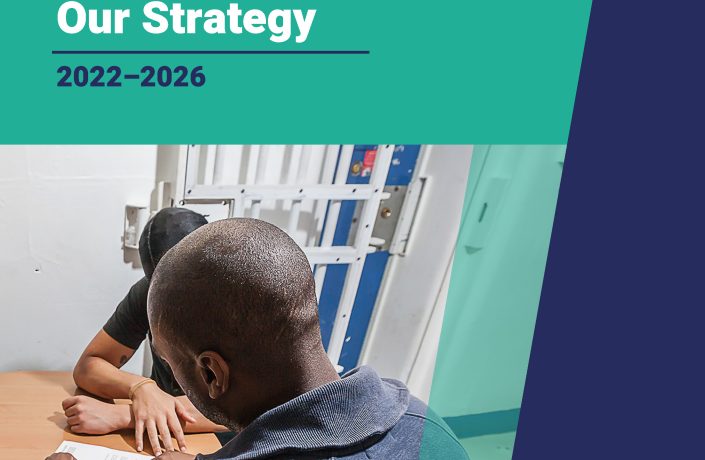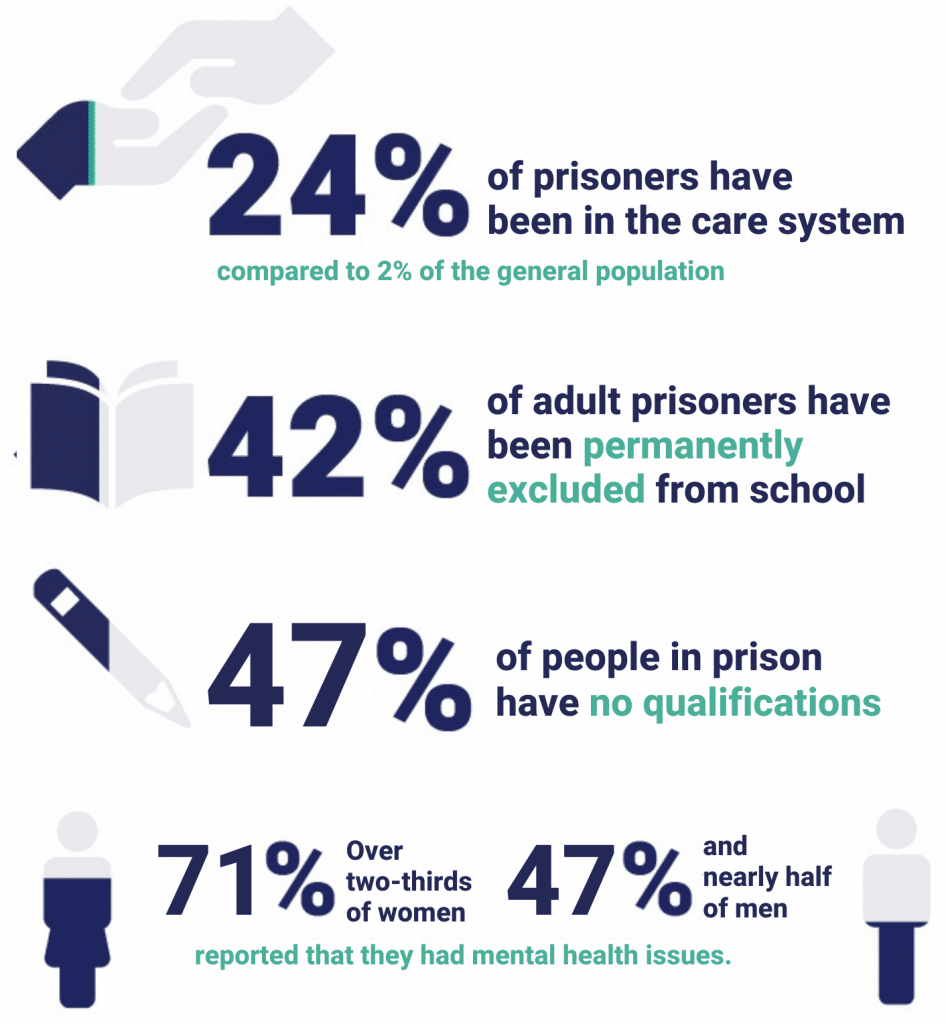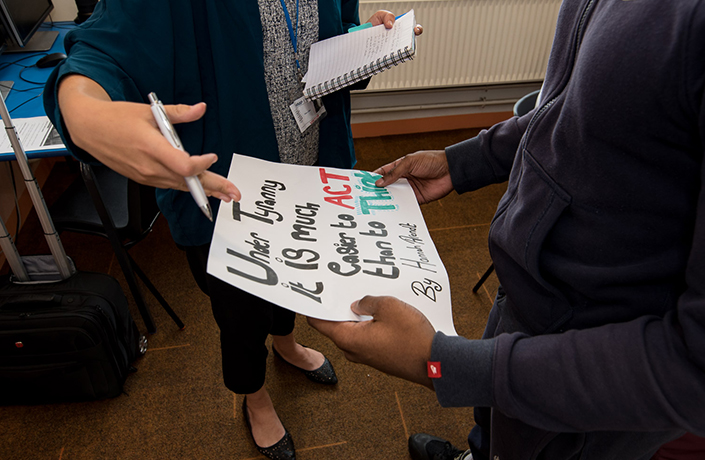
Prisoners’ Education Trust – Our strategy 2022-2026
Everyone in prison, wherever they are in the country and whatever their background, should have access to education. PET’s five-year strategy sets out our plans to make that happen.
Working across England and Wales, we:
1. Fund courses in levels and subjects that are otherwise unavailable
2. Support people to choose courses, build connections and progress with their learning
3. Champion the life-changing power of education to prisons and policy makers
Sign up to our email newsletter
Our strategy sets out plans to make sure everyone in prison has access to education.

Everyone in prison, wherever they are in the country and whatever their background, should have access to education. PET’s five-year strategy sets out our plans to make that happen.
What we do makes a difference.
Research by the Ministry of Justice’s Data Lab has shown that our courses:
Through the personal accounts of people we fund, we also know that education has broader benefits. Our learners say education also has a positive impact on:

(ability to cope in prison, improvements to mental health),

(feeling of self-worth, hope and motivation),

(relationships with others, including prisoners and families),

(involvement in creating a positive prison environment)
There is a pressing need for our work. In recent years, conditions in prisons have deteriorated. The population has risen while staff numbers have decreased. Violence, self- harm and drug use are widespread, and more and more prisoners are spending 23 hours a day locked in their cell.
People in prison are often among the most disadvantaged in our society. Many have had damaging childhoods, have experienced mental health and addiction problems, and have suffered multiple bereavements. Most step through the prison gates with a poor and limited history of education.

*Statistics from Prison Reform Trust, Prison Factfile Winter 2021

Read about the 120 different courses we offer
Funding courses
Find out about how we're pushing for better policy and practice
Policy work
Find out about how current and former learners are shaping our work
Work with our learners© Prisoners' Education Trust 2026